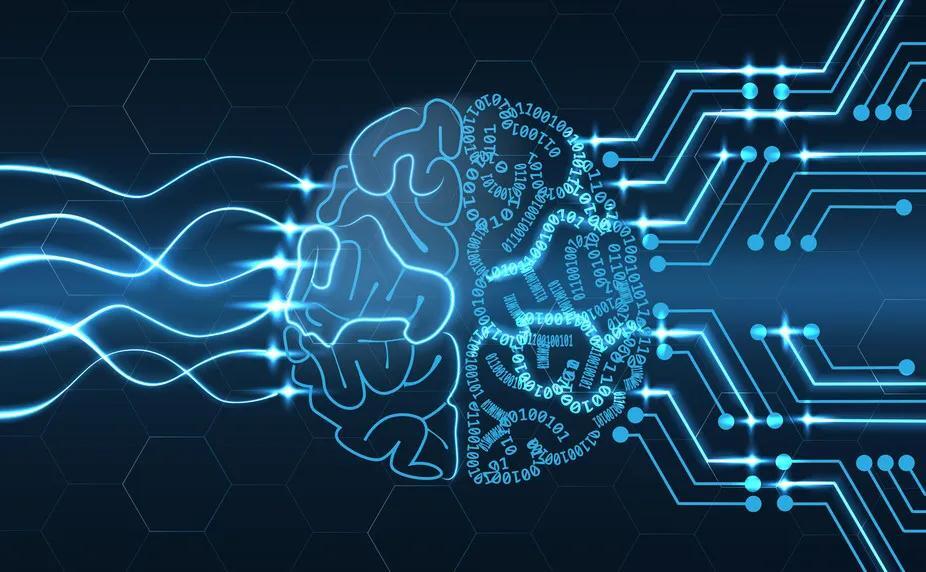
Game-changing AI system helps paralysed patients speak again
For individuals with severe paralysis, the inability to communicate is a constant and debilitating struggle. Whether due to ALS, a stroke, or a spinal cord injury, the loss of speech and voice can be a crushing blow to a person’s sense of identity and independence. However, a groundbreaking new AI system developed by researchers at UC Berkeley and UC San Francisco is offering new hope to these individuals, restoring natural communication and enabling them to speak using their own voice once again.
The innovative system, known as “BrainGate,” uses artificial intelligence to translate brain signals into speech within a second. This remarkable technology has the potential to revolutionize the lives of paralysed patients, enabling them to express themselves with unprecedented ease and accuracy.
How it works
BrainGate is a non-invasive system that uses electroencephalography (EEG) sensors to detect the electrical activity in a person’s brain. These sensors are placed on the scalp, and they detect the subtle changes in brain activity that occur when a person thinks about speaking. This information is then transmitted to a computer, which uses advanced algorithms to decode the brain signals and generate speech.
The system is incredibly accurate, with tests showing that it can translate brain signals into understandable speech with a precision rate of over 90%. This means that paralysed patients can express themselves with ease, whether it’s to communicate with loved ones, share their thoughts and feelings, or simply to say hello to a friend.
The impact on paralysed patients
The implications of BrainGate are profound. For individuals with ALS, who often lose the ability to speak as the disease progresses, the system offers a lifeline to communication. No longer will they be forced to rely on alternative methods, such as assistive devices or caregivers, to express themselves.
For those who have suffered a stroke or spinal cord injury, BrainGate offers a second chance at communication. Many of these individuals are left with limited mobility and speech, making it difficult for them to express themselves. The system’s ability to translate brain signals into speech could be a game-changer, enabling them to regain a sense of autonomy and independence.
The future of communication
The development of BrainGate is a significant milestone in the field of artificial intelligence and neuroscience. As the technology continues to evolve, it’s likely that we’ll see even more innovative applications of AI in healthcare.
Imagine a future where individuals with paralysis can communicate with ease, using their own voice and brain signals to express themselves. Imagine the impact this could have on their quality of life, their relationships, and their sense of self.
Conclusion
The development of BrainGate is a remarkable achievement, offering new hope to paralysed patients and their families. This groundbreaking AI system has the potential to revolutionize the way we communicate, enabling individuals to express themselves with ease and accuracy.
As researchers continue to refine the technology, we can expect to see even more exciting developments in the field of artificial intelligence and neuroscience. For now, however, the implications of BrainGate are clear: paralysed patients can once again speak using their own voice, and that’s a game-changer.
Source:






